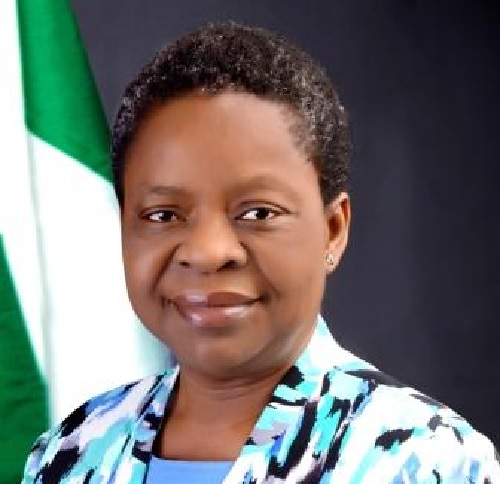The Federal Government has declared its intention to codify existing bills on social protection instruments.
Permanent Secretary, Budget and National Planning, and Chairman, Technical Working Group (TWG) on National Social Protection Policy, Mrs Olusola Idowu, made this known at a five-day capacity building workshop for members of the TWGs on the review of the National Social Protection Policy (NSPP), recently, in Lagos.
The effort, which is in collaboration with Save the Children, UNICEF, UNDP and other stakeholders and will produce a draft bill that would eventually legalise social protection in Nigeria through harmonisation of all existing bills on social protection.
The workshop, according to a statement from Federal Ministry of Budget and National Planning was aimed at deepening the understanding of members on the concept of social protection as well as the commencement of the review process.
Idowu said that the group had been divided into five different sub-committees which included: the Central Working Committee, Technical Review, Legal and harmonisation, Crosscutting, as well as the Stakeholders Consultation and Sensitization sub-committees, who would present their diagnostic reports to the TWG.
She said the lifespan of the current policy on social protection, would end by the end of this year.
The Permanent Secretary disclosed that the Ministry had inaugurated a Technical Working Group (TWG) for the review of the National Social Protection Policy 2021-2025.
The main essence of the review was to accommodate some emerging issues on social protection programme across sectors at both the national and sub-national levels of government.
ALSO READ: Boko Haram: UAE court upholds life jail term for Nigerian convicts
The Senior Social Protection Specialist, Save the Children, Sheila Nkunika, who also spoke at the Workshop, highlighted the importance of the principles of inclusiveness in drafting the new policy and the vulnerability of children which had become worrisome.
She advocated Social Protection as a platform to carter to the vulnerable children.
Emerging issues as highlighted at the workshop were: the need for robust a Monitoring and Evaluation framework; the need for an inter-ministerial dialogue and negotiations on the roles and responsibilities of MDAs on the revised NSPP, need to strengthen the NSPP shock responsiveness; the need for inclusiveness in the NSPP to take care of all vulnerable groups; and need for costed work plan (implementation strategy and operational Manual), among others.






